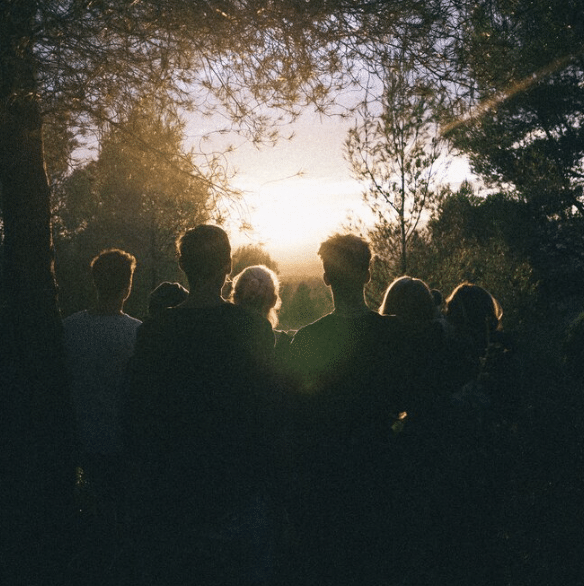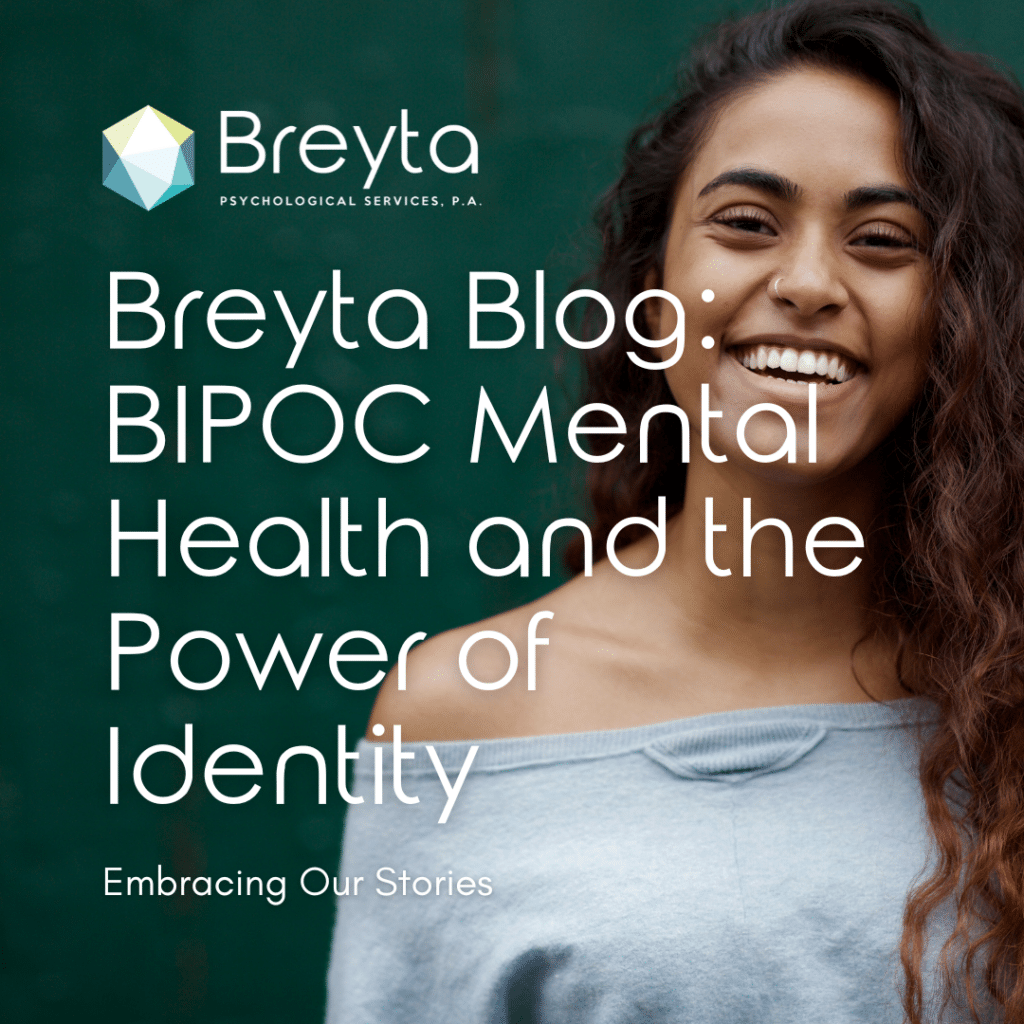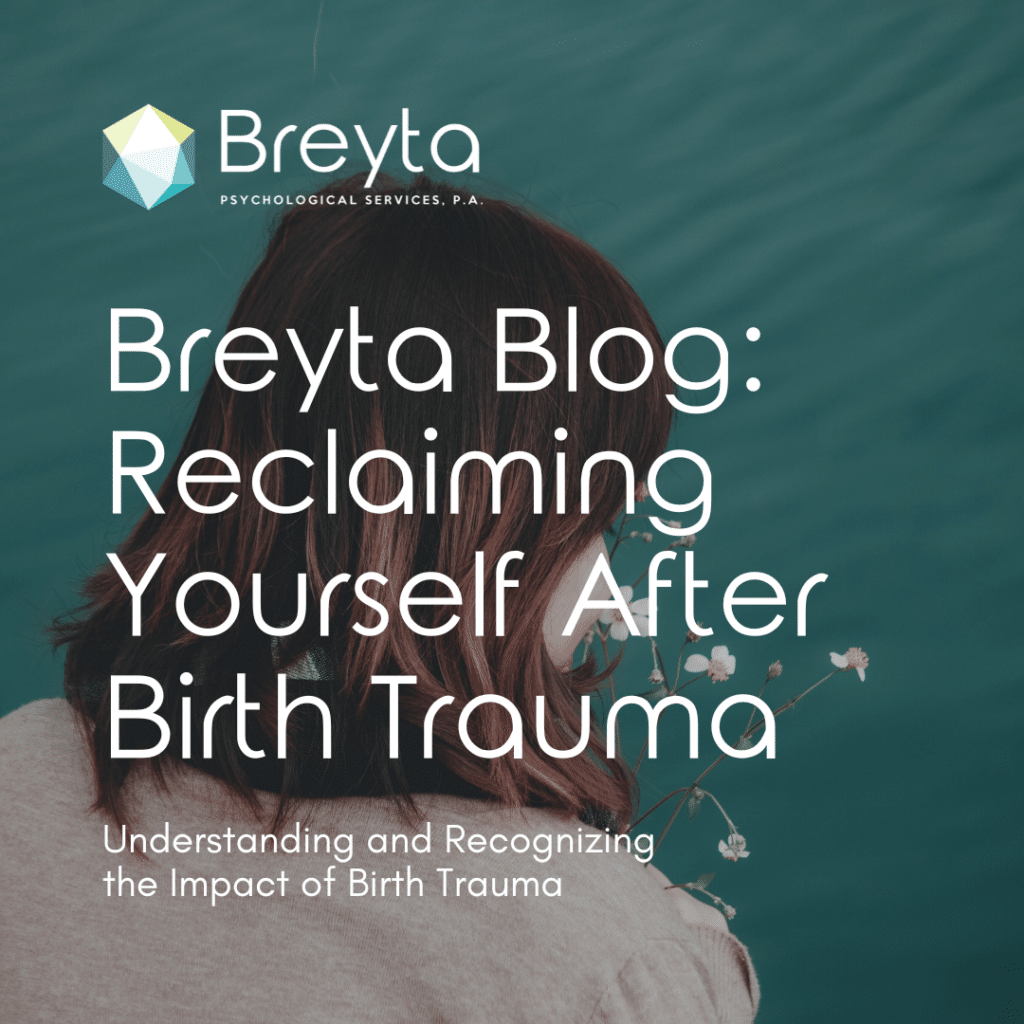The COVID-19 pandemic caused societal upheaval, leaving millions of people across the world dealing with lasting trauma.
Some lost loved ones to the virus. Others suffered from burnout while working in healthcare. Many had to leave the workforce to care for their children, while others were exploited in the workplace and forced to labor in unsafe conditions. Countless people spent months separated from their loved ones, and their mental health suffered in isolation.
Any time a society goes through an event like this, people will experience collective trauma. But this stressor was unique – for the most part, people had to make it through the pandemic while physically alone or solely with the support of their own household.
Here’s how this form of collective trauma could impact society for years to come and how we may begin to heal.
Questioning the Future
After an event like this, people will naturally feel more uncertain about the future. People as a whole likely feel pessimistic about the next few years, even if they can see their own lives improving soon. Furthermore, collective trauma across a population can cause people to question their identity within society. These misgivings about the future can change behavior and motivate people to change their plans and goals.
Effects of Isolation
Many people spent at least part of the last year isolated from the outside world because of the pandemic. Others who worked in essential occupations saw no one but their coworkers for months as they tried to protect their loved ones from exposure to the virus.
People may have trouble adjusting to socializing again, and they may have lost touch with people who were previously part of their support system. Even once people can get together again, they may feel lonelier.
Heightened Anxiety
Throughout the pandemic, we’ve had to alter our behavior to stay safe. For instance, we’ve had to wear masks in public. We have kept six feet apart from others when going out.
Basically, we have had no choice but to view contact with other people as a risk because of the virus. And while these habits were necessary to slow the spread of the virus, people may continue to feel a heightened sense of anxiety around others after the pandemic.
Long-Term Mental Health Consequences
Even before the pandemic, many people struggled with mental health conditions like depression and anxiety. While society is slowly recovering from the pandemic, many more people are suffering from poor mental health now.
There is no easy fix to this – people do not simply recover from chronic anxiety or depression overnight. Furthermore, people are also dealing with co-occurring issues such as Posttraumatic Stress Disorder (PTSD) and substance abuse. It’s common to try to self-medicate with alcohol or other drugs to cope with trauma. However, this creates more problems than it solves. The collective trauma of the pandemic has left a mental health crisis brewing.
Healing Together
When reflecting on the long-term effects of this pandemic, it’s easy to feel a sense of despair. Clearly, recovering from the past year or two will be a long, ongoing, difficult process. What can we do to heal from our collective trauma together? Finding connection in any way possible. While conditions such as anxiety, depression, and PTSD require treatment from a mental health professional such as a psychologist, there are also things you can do to augment therapy or support you until you can start treatment.
This might mean joining community organizations, reaching out to friends you haven’t heard from in a while, or checking in with your neighbors to see how they’re holding up. This is the key to building resilient communities, finding some relief from anxiety and depression, and rebuilding the pandemic’s social networks.





